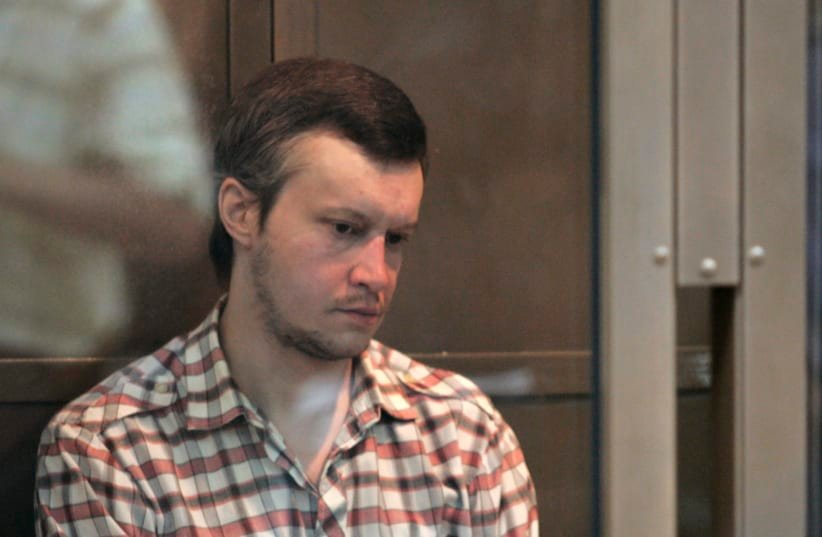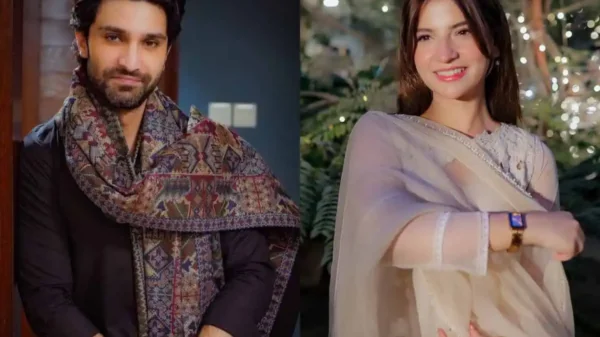Chessboard Killer
MOSCOW: Alexander Pichushkin, one of Russia’s most notorious serial killers known as the “Chessboard Killer,” has expressed his readiness to confess to 11 more murders, according to a statement released by Russia’s penal service on Saturday.
Pichushkin, who has been serving a life sentence since 2007, was originally convicted for the brutal killings of 48 people, and this new revelation could further cement his place among the deadliest murderers in Russian history.
The 50-year-old is currently incarcerated at the high-security “Polar Owl” prison, located in the remote and icy Arctic region of Russia.
Authorities say he recently informed investigators of his willingness to admit to 11 additional murders involving both male and female victims. While details surrounding these alleged murders have not been publicly disclosed, the announcement has reignited grim interest in a case that once shocked the nation.
Between 1992 and 2006, Pichushkin carried out a horrifying killing spree primarily around Bitsevsky Park, a vast green expanse in southern Moscow.
His victims were often among society’s most vulnerable—homeless individuals, alcoholics, and elderly people who were unlikely to be missed. In his confession to authorities nearly two decades ago, Pichushkin chillingly revealed his desire to kill one person for every square on a chessboard—64 in total.
At the time, police charged him with 48 murders and three attempted murders, although he claimed responsibility for 63 deaths during his trial.
With the new potential confessions, Pichushkin’s official victim count could rise to 59, making him Russia’s second most prolific serial killer. He would be surpassed only by Mikhail Popkov, a former police officer who was convicted of murdering 78 women between 1992 and 2010.
The penal service’s announcement came via a post on the Telegram messaging platform and has sparked widespread speculation that further investigations may be underway to verify Pichushkin’s claims.
If confirmed, these additional confessions would not only reopen old wounds for the families of the victims but could also raise serious questions about how many crimes committed during the chaotic post-Soviet years remain unresolved.










